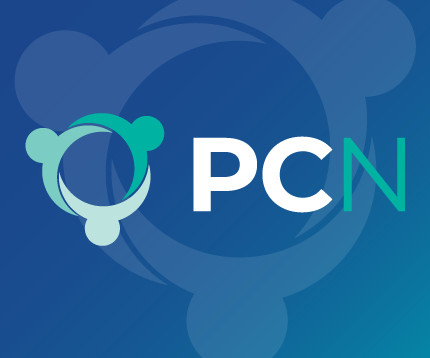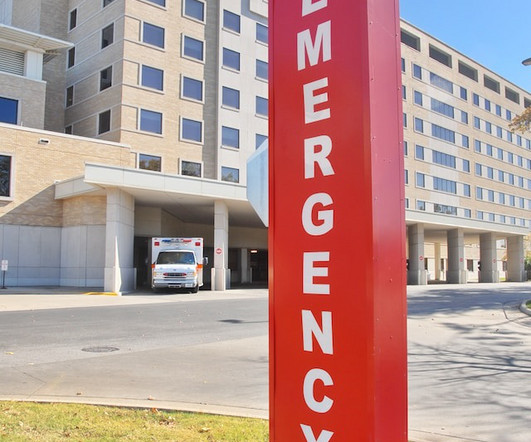Can I Include End of Life Care Wishes in My Will?
Seasons Hospice
OCTOBER 26, 2022
They can also answer any questions you may have about end-of-life decision-making. There are four main types of advanced directives: living wills, durable powers of attorney, do-not-resuscitate orders, and five wishes. Living wills are legal documents that outline a person’s wishes for end-of-life medical care.



















Let's personalize your content